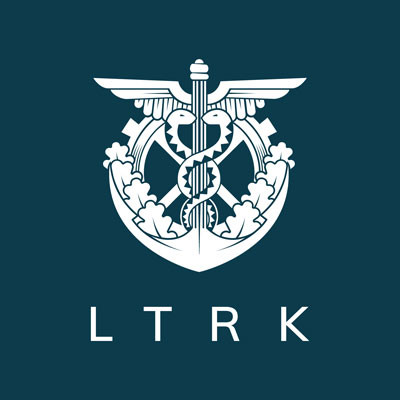Is it true that losing weight causes hair loss?
If you make losing weight your New Year's resolution, stepping on the scales and seeing you're getting close to your goal might feel like a huge accomplishment. However, some people notice a negative side effect of their weight loss: their hair is losing at a much faster pace than usual.
A lack of essential nutrition is one of the most prevalent causes of hair loss. Extreme or crash diets, which many individuals use to lose weight rapidly, are frequently deficient in the nutrients we require to be healthy. Due to dietary deficiencies such as iron, zinc, and protein, the body prioritizes delivering nutrients to the areas of the body that require them the most - which, unfortunately, is not the hair.
Consuming a lot of fruits and vegetables means your body is getting lots of vitamins, but if you increase your consumption while cutting out other food categories, you won't obtain the balance you need. Protein deficiency, in particular, can result in hair loss, as protein is the primary component of hair.
When hair is in its growth phase, it can grow up to half an inch every month until it enters a resting period, also known as a 'telogen phase.' At any given time, 10% to 20% of your hair will be in that phase. When the body undergoes a dramatic shift, such as weight loss, menopause, or pregnancy, more hair might be forced into the telogen phase, resulting in shedding. Telogen effluvium is a term used to describe this type of hair loss.
The good news is that hair loss caused by weight loss is typically only transitory in the majority of instances. Weight changes, on the other hand, can have an effect on hormones such as insulin. Losing weight can help manage insulin levels, but because there is a relationship between insulin sensitivity and the body's capacity to regulate testosterone - the main force behind pattern baldness – experts believe hormone swings may impact the hair, creating androgenetic alopecia.
So, what precautions can you take to avoid hair loss while dieting? The best way to approach it is gradually. Avoid crash diets and short cures since they do more damage than good and might put your body into shock. Along with tracking calories, pay attention to what you eat - make sure your diet is high in iron, protein, and vitamins. Lean meat, fish, nuts, leafy green vegetables, and legumes are all high in nutrients that help maintain your hair in good condition.
Improve your quality of life and apply for a consultation with our specialists who will provide full answers to your questions and determine the best course of treatment. Complete the electronic form or call the tel. +371 267 777 67 and we'll contact you.







